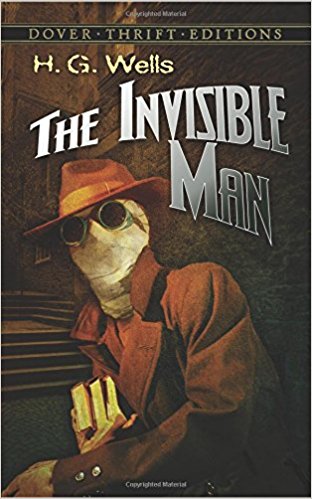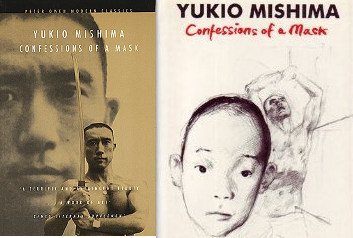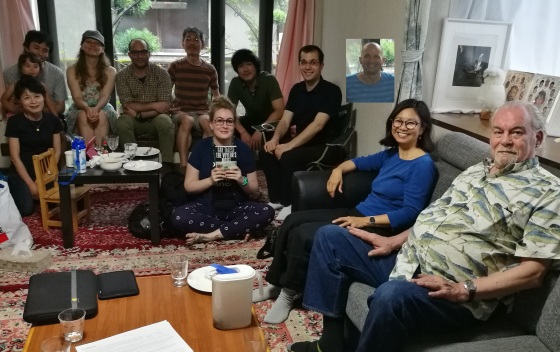
‘You should have married someone like you’, they shot at each other.
James brings to the marriage and their progeny the experience of a misfit in a homogeneous society. Marilyn projects onto their daughter her own failing career as a doctor because of two unexpected –if not unwanted- pregnancies. The result is a dysfunctional family whose parents’ frustrations constitute a heavy burden for their offspring.
Narrative temporal jumps stimulate the reading. An omniscient narrator using free indirect speech and strokes of stream of consciousness explain each character’s emotional turmoil leading us readers towards an ambiguous ending.
We also talked about the interracial issue of Chinese-Americans in the 60’s and 70’s in the US, and some of our members shared their own experiences.
If you want to know more about the novel and our ideas, here is the podcast:







